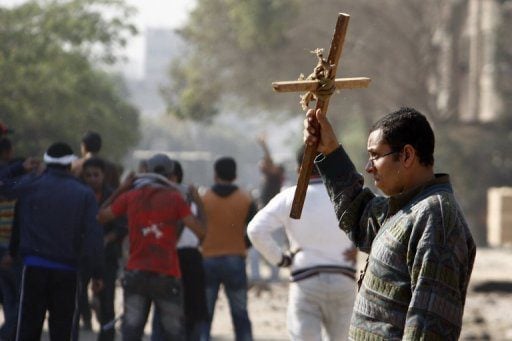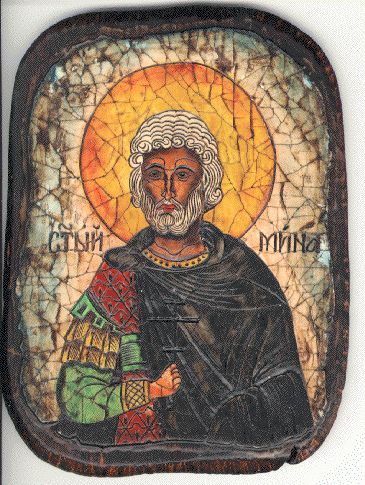Egypt’s Coptic Orthodox Church and the Muslim group Al-Azhar have come to an agreement on a unified law for building houses of worship, according to the Cairo daily newspaper al-Masry al-Youm.

Egypt has long had strict rules prohibiting the repair or construction of Christian churches — requiring a presidential edict before any work can be done. Such edicts have historically been almost impossible to get. As a result, Christians have built and repaired churches without permits — prompting Muslim extremists to destroy a number of church buildings which they said were illegal. Some of the bloodiest clashes between Egypt’s Christians and Muslims have followed.
“The new law contains different provisions governing the construction of churches and mosques,” the newspaper reported. However, an apparent amnesty was agreed upon. “Any place in which church services have been held for some time will be recognized as a church, even if it had not received a government permit prior.”
The Cairo newspaper reported that National Justice Committee member Amir Ramzy said Al-Azhar Grand Sheikh Ahmed al-Tayyeb “gave his consent after demanding some amendments to the law as proposed by Prime Minister Essam Sharaf’s cabinet. Ramzy added that the cabinet has agreed to the amendments and promised to add them to the new law.
“In June the military government proposed a law giving governors the power to grant or deny permits to build, modify or renovate places of worship. The bill also put a minimum on the size of houses of worship ― at least 1,000 square meters in floor area ― and on the number of such places allowed in a given area.”
That was rejected by Christian leaders as too restrictive. Under the new agreement, the square footage requirement has been removed.
“This draft is thought to address most of the contentious issues in previous proposals.” reported al-Masry al-Youm.
Twenty-four people died in the latest clashes over the church restrictions when the Army opened fire on a Christian protest on October 9.


